African Union Stands Firm on Reparations Amid Global Rise of Populism
- by Falter Grain, RNG247
- about 9 months ago
- 132 views
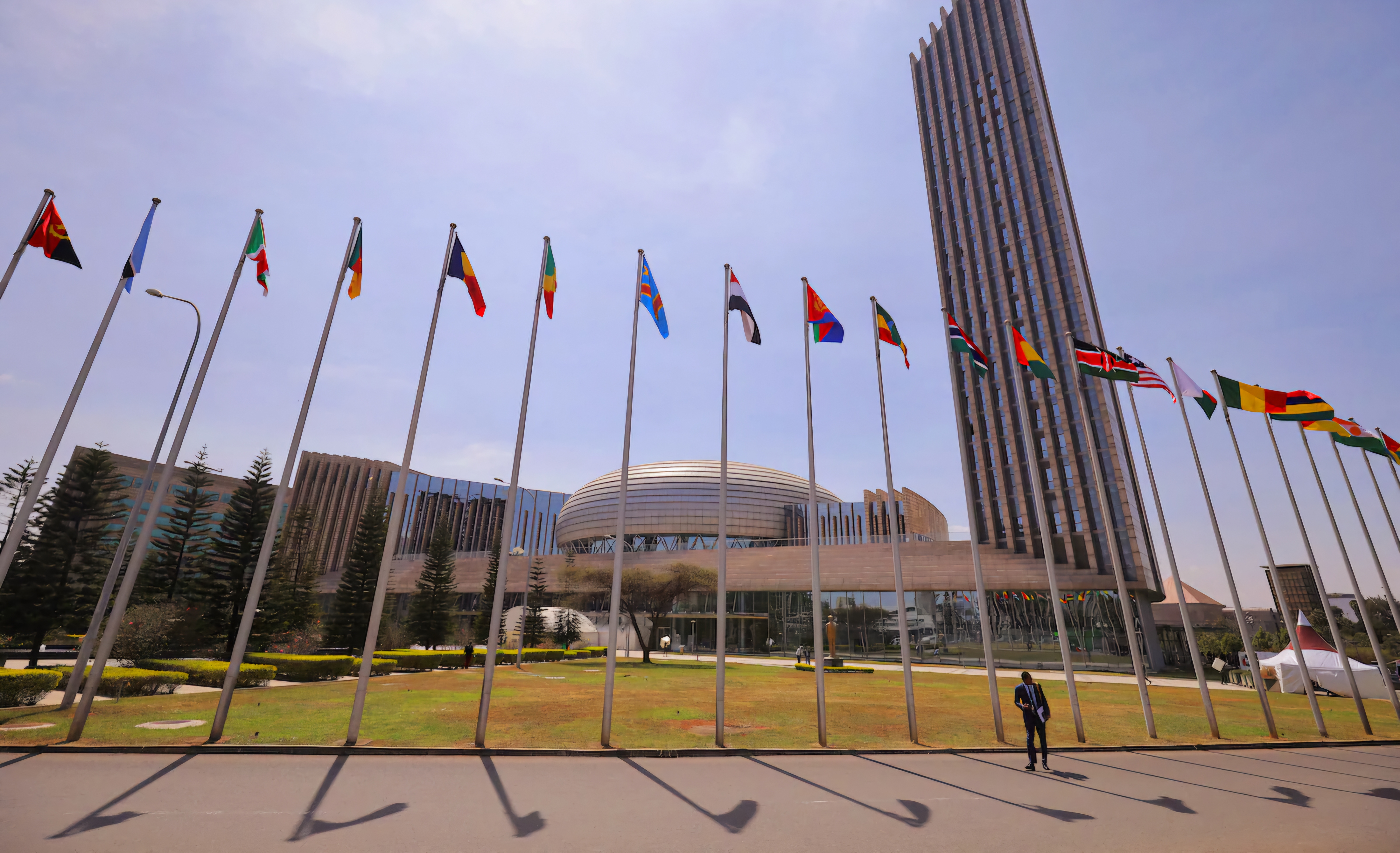
In a bold declaration against the backdrop of rising right-wing populism in Europe and beyond, Angela Naa Afoley Odai, head of the African Union's (AU) diaspora division, asserted that the push for reparations related to transatlantic slavery and colonialism mustn't falter. Speaking in an exclusive interview on Tuesday, Afoley Odai emphasized that, "There is no better time as this to discuss the issue of reparations as Africans... irrespective of the various issues going on that may seem intimidating."
The urgency of her message resonates in a world where forces of populism threaten to overshadow crucial discourse. José Maria Neves, the president of Cape Verde, has previously warned that the burgeoning sentiment of right-wing populism complicates meaningful discussions around reparations. He suggested that engaging in such dialogue within the "public arena" could exacerbate political divisions in former colonial powers like Portugal, France, and Britain.
Despite the mounting challenges, the momentum for reparations has gained international attention, illuminating a path that seeks justice for the historical injustices endured by Africans. While U.S. political landscapes reflect opposition—exemplified by former President Donald Trump's assertion that he "doesn't see it happening"—African leaders are undeterred, pushing forward with renewed vigor.
In February, a consortium of African leaders reignited the reparations conversation, pledging to formulate a comprehensive plan that encapsulates various forms of reparative justice—ranging from financial compensation and formal acknowledgment of historical wrongs to substantive policy reforms.
The AU has outlined that reparations could leverage "diplomatic pressure or legal actions at international courts," driving home the necessity for accountability. Afoley Odai expressed confidence in this approach, highlighting ongoing collaborations between the AU and the Caribbean aimed at fostering a unified stance from both the African continent and its diaspora.
To fortify this movement, Afoley Odai underscored the importance of continued partnerships with the European Union, utilizing forums such as summits to advocate for reparations. "We want to build a united front, recognizing the shared history and the ongoing ramifications of exploitation," she remarked.
While there are critics arguing against reparations—asserting that contemporary states and institutions should bear no responsibility for historical transgressions—advocates like Afoley Odai firmly counter that the impacts of slavery and colonialism linger, manifesting in systemic racism and socioeconomic disparities. Furthermore, they contend that current states continue to reap the benefits of wealth amassed through centuries of oppression.
As the world grapples with these pressing ethical concerns, the dialogue around reparations emerges as both a moral imperative and a critical issue for global justice, making it imperative that conversations persist, unfazed by the currents of populist ideology. The African Union's unwavering stance signals a commitment to addressing past injustices while advocating for a future built on acknowledgement and equity.



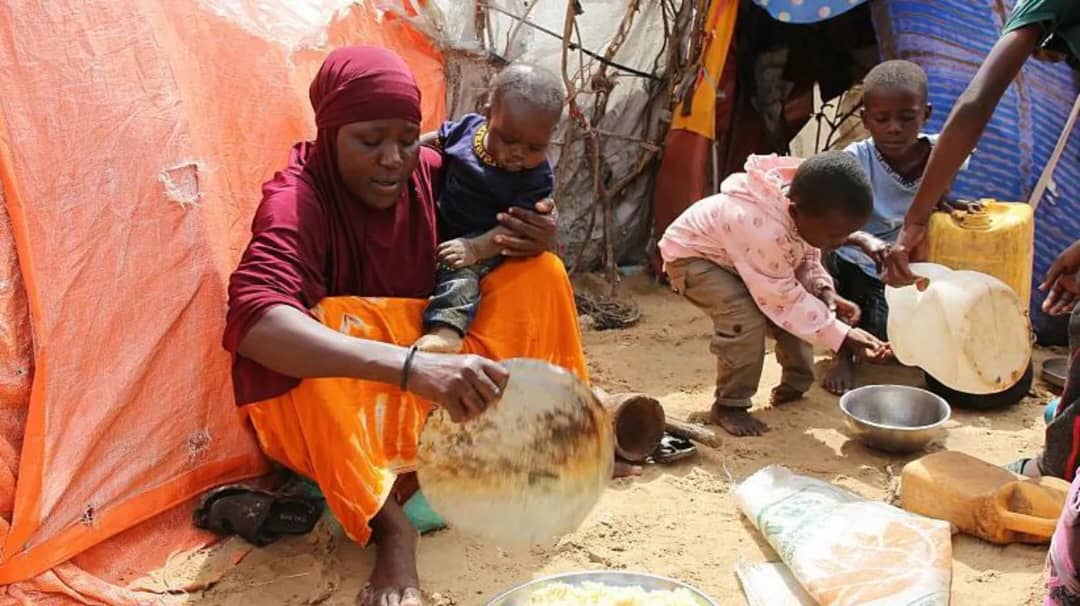

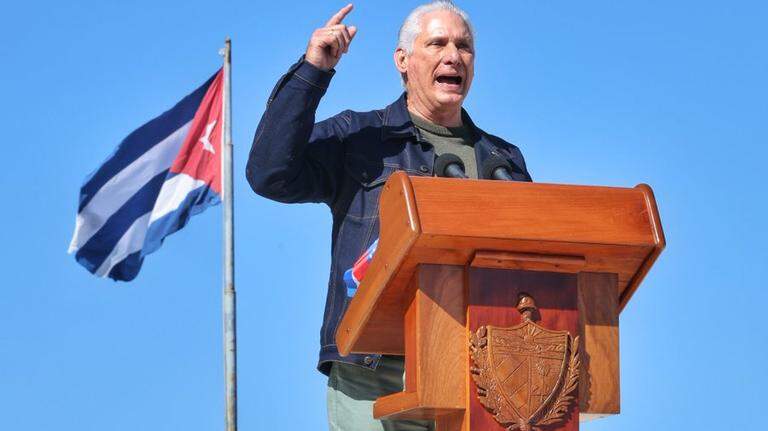
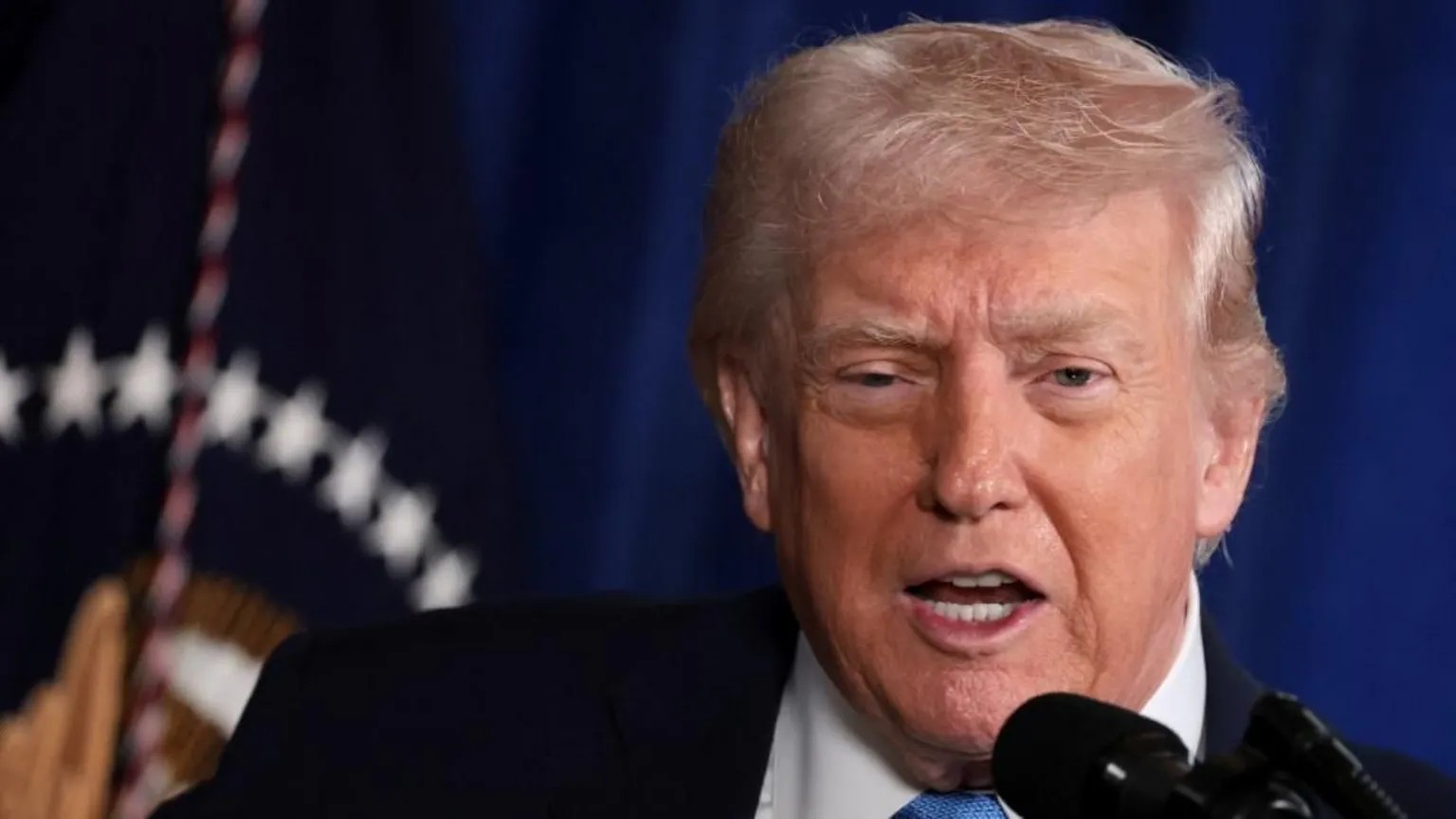
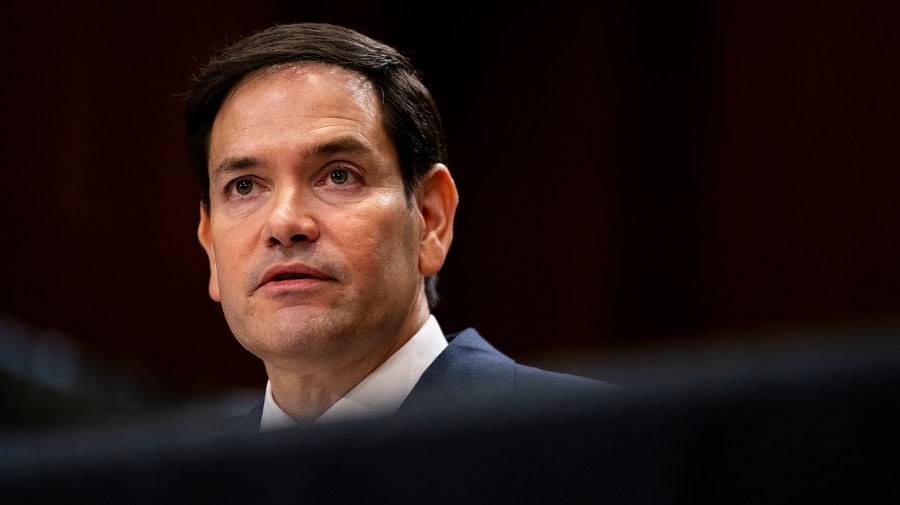
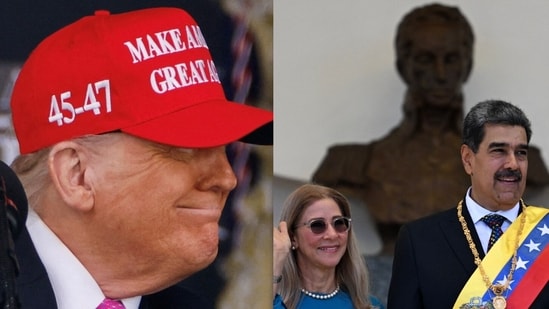



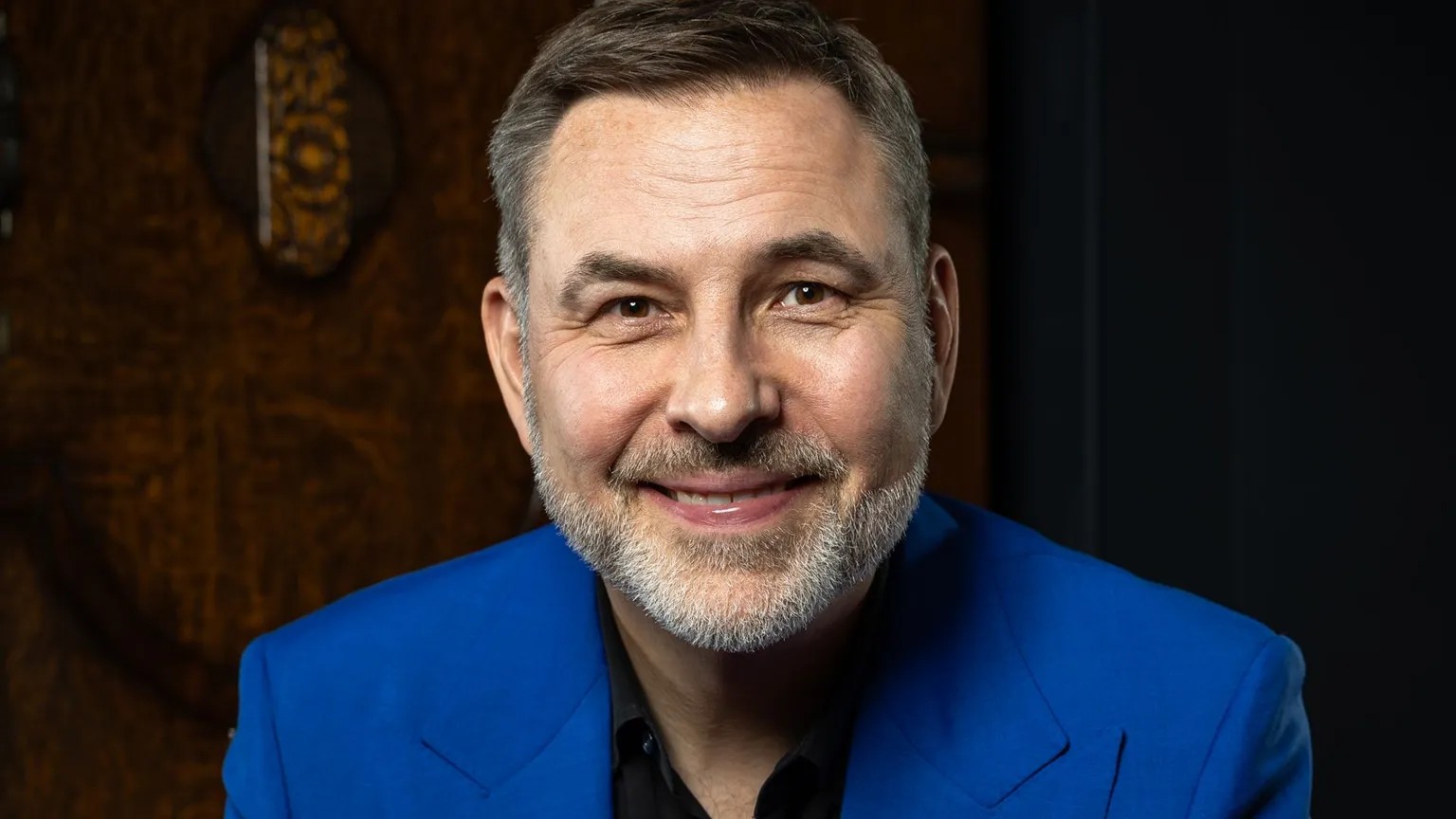

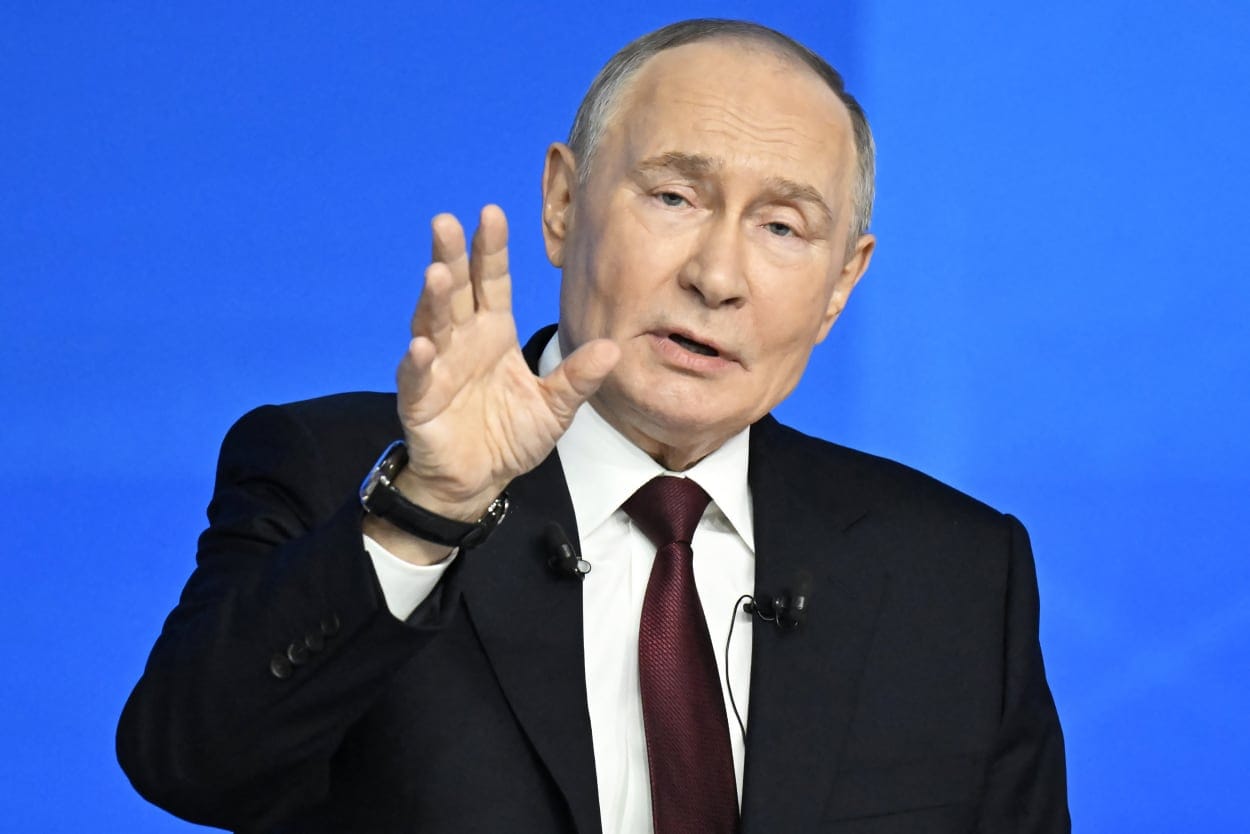

0 Comment(s)